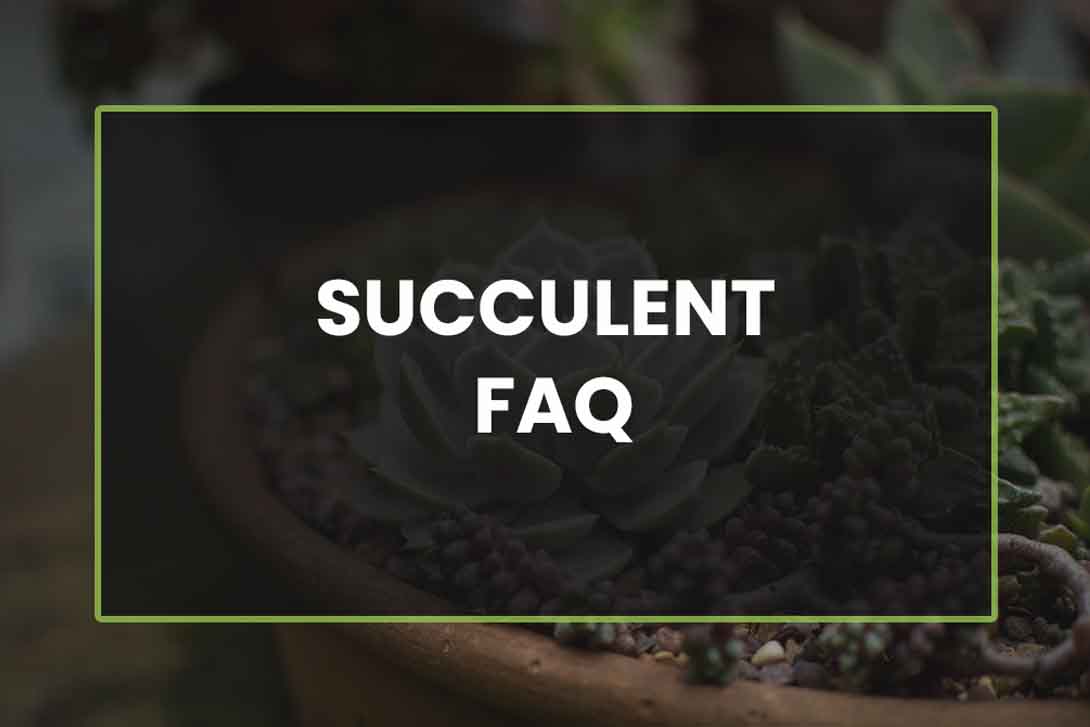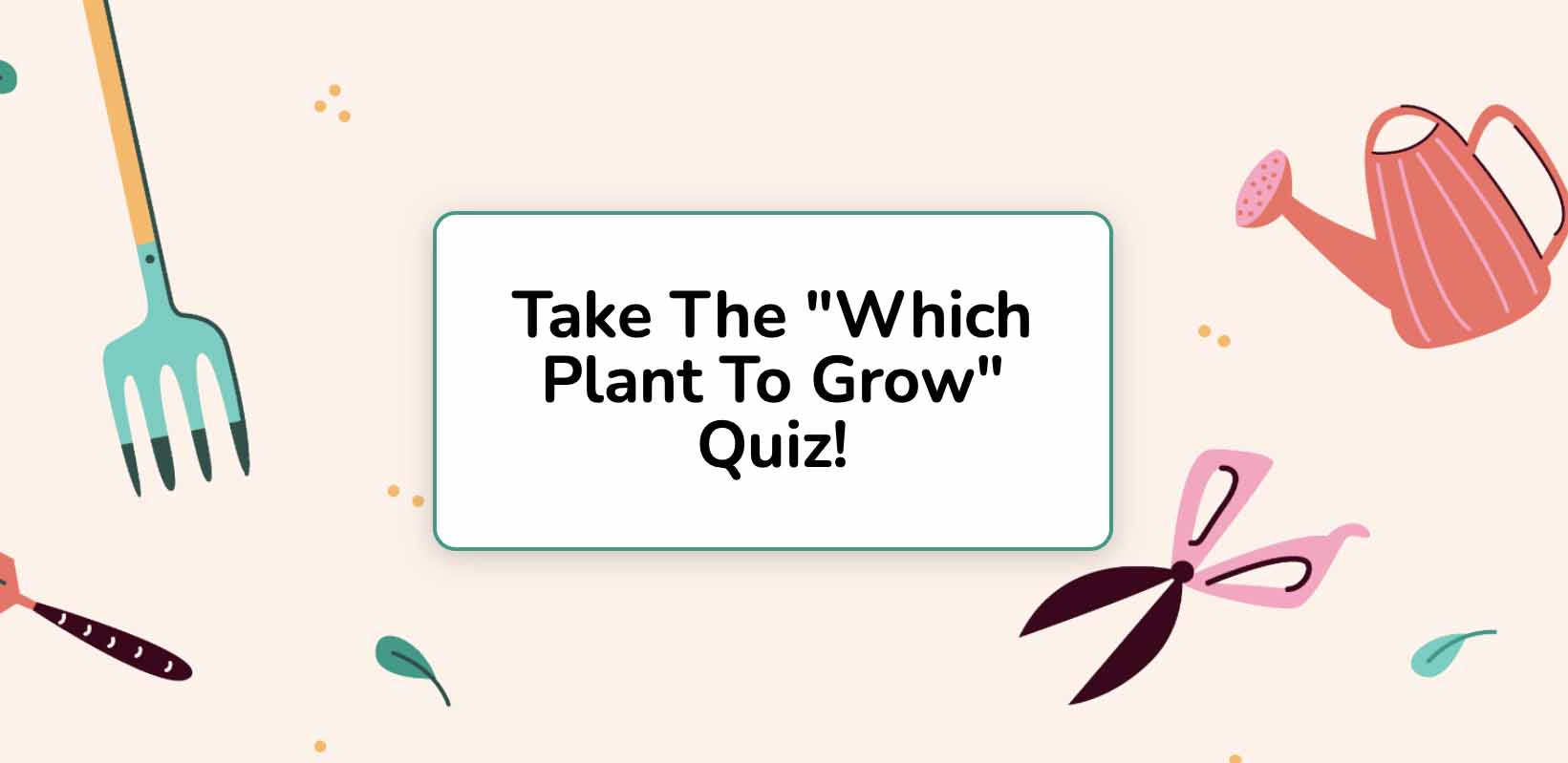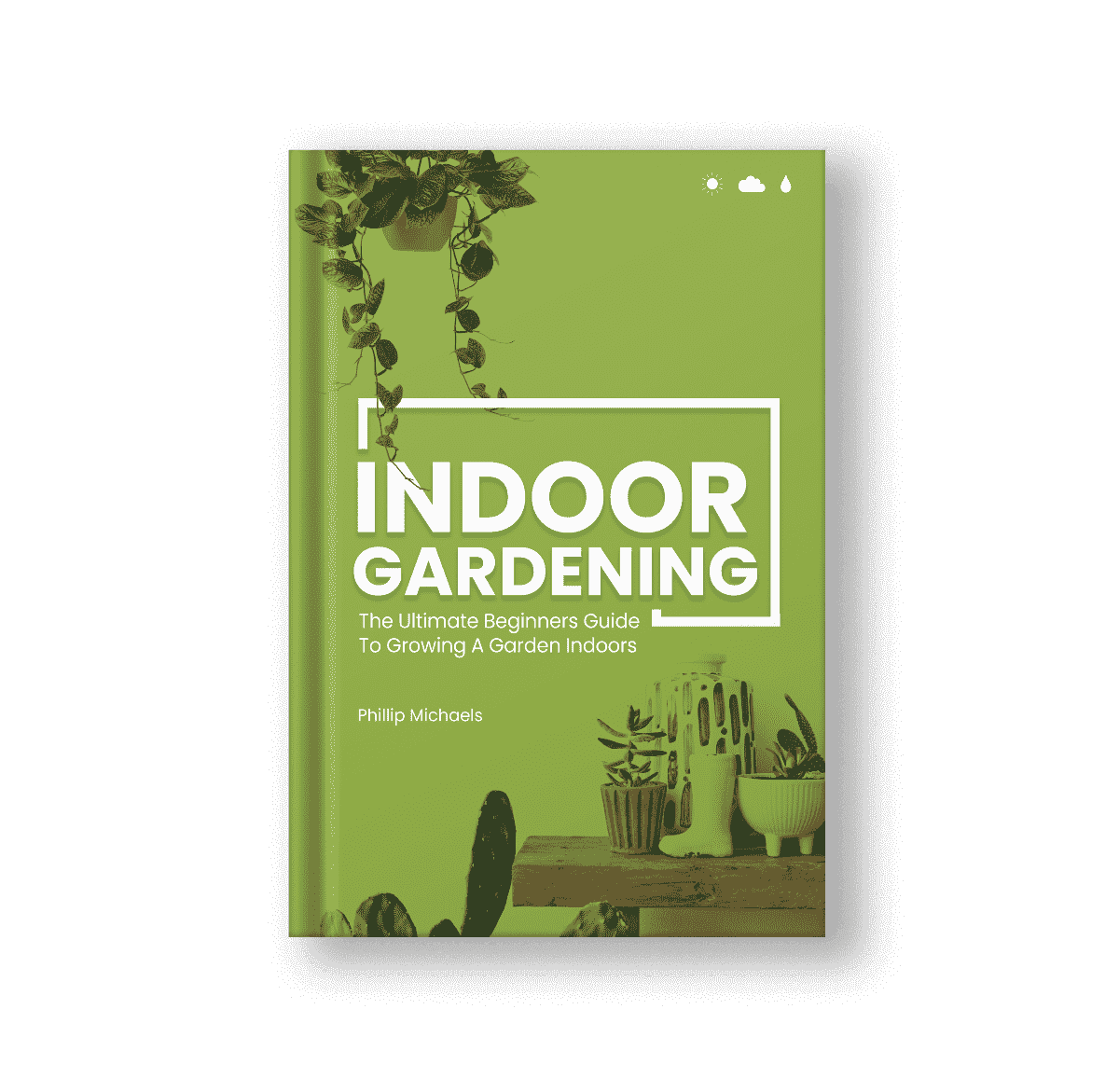Are you curious about succulents but don’t know where to start? This FAQ will answer all of your questions, from what succulents need to grow to, how to care for them, and everything in between. With a little bit of information, you’ll be on your way to creating a beautiful succulent indoor garden!
For more information, check out our beginners guide to growing succulents. There we go more in depth on all the care, and show you everything you need to cultivate your own succulent plants.
What Are Succulents?
A succulent is a plant that has adapted to survive in dry environments with little water. The word succulent comes from the Latin word “succus,” meaning juice or sap. Succulents are often found in desert regions, where they store water in their leaves, stems, and roots to help them survive long periods of drought. Some common succulents include cacti, aloe vera, and sedum.
Most succulents feature a thick, fleshy exterior. This helps them retain water, and this allows them to survive in deserts and other dry environments.
Is a Succulent a Cactus?
Sometimes, all cacti are succulents but not all succulents are cacti.
How Long Do Succulents Live?
It varies tremendously between varieties, so it’s hard to give a straight answer. Small, decorative succulents can live as little as 3-4 years, while others like the Jade plant can live close to 100 years old. Proper care is essential to reaching these long lifespans.
How Much Water Does a Succulent Need?
Most succulents need very little water. In fact, if you give it too much water, it might die. In most cases, you should only water your succulents when the soil is completely dry. This can be as little as once per month.
To check if your plant needs water, stick your finger in the soil up to about 1-2 inches. If the soil is dry, it’s time to water. If the soil is damp or wet, wait a few days before checking again. Overwatering is one of the biggest causes of failed succulents, so always err on the side of less when watering.
What Do I Do If My Succulent Got Too Much Water?
If your succulent got too much water, you should:
- Remove the excess water from the pot by pouring it out or using a wet vac.
- Let the pot dry out for a few days or weeks before watering again.
- Check the soil to see if it’s still wet before watering.
Note that a bit of overwatering likely won’t cause any lasting damage. You want to avoid prolonged periods of wet soil.
Which Soil is Best for Succulents?
The best soil for succulents is a sandy, well-drained soil. Go with a special succulent or cacti mix as many traditional potting soils will retain too much moisture for your succulents.
What is a Well-Draining Soil?
A well-draining soil is one that allows excess water to drain away quickly, rather than becoming waterlogged. This is important for plants, as they need oxygen to thrive, and standing water can deprive them of this essential element. Standing water can also lead to root rot, and succulents are particularly susceptible to this disease.
What Kind of Fertilizer is Best For Succulents?
Succulents need a fertilizer that is low in nitrogen and high in phosphorus. A good fertilizer for succulents is one that is 10-30-10.
To fertilize succulents, mix the fertilizer into the soil around the plant. Water the plant thoroughly after applying the fertilizer. Fertilize succulents every two to four weeks during the growing season. Stop fertilizing in the fall and winter when the plants are dormant.
How Much Sun Do Succulents Need?
A lot of succulents do well with very little sun, but some of the hardier varieties need at least a half-day or so. Make sure to understand your particular plant as light needs do vary quite a bit between varieties.
If you have a spot near a window that gets good light for part of the day, that should work. Just be sure to rotate your plants so they all get a chance to soak up some rays.
Is Direct Sunlight Good for Succulents?
Succulents do best in bright, indirect light. Direct sunlight can be too harsh for them and can cause their leaves to burn. If your succulents are not getting enough light, they will start to stretch and become leggy. If they’re getting too much, you might notice browning tips or spots on the leaves.
Can succulents grow indoors without direct sunlight?
Yes, many succulents can grow indoors without direct light. Many varieties grow well in in-direct light or even in partial shade. You can also use a grow light to provide extra light as needed.
Can You Grow Succulents Outdoors?
Yes, succulents are an excellent choice for both outdoor and indoor gardens. Make sure you place them in a sunny location, and avoid any extreme cold temperatures for best results.
Should You Mist Succulents?
Generally no, too much misting can be harmful to the plant as they enjoy arid, dry conditions. That said, misting is a good way to keep freshly planted cuttings or offshoots healthy. Misting can also be used in a pinch to increase the humidity around your plant, but this is only needed for certain succulent varieties.
Why is Frost Bad for Succulents?
Frost is bad for succulents as they maintain moisture in their leaves. This moisture then freezes, and this can cause the plant to burst which is severely damaging to the plant. It’s best to avoid any frost or near frost conditions for your succulents.
How to keep succulents alive in winter?
Succulents are tough plants that can tolerate low light and cold temperatures, but they still need some care in winter. Here are a few tips to help keep your succulents alive through the cold season:
- Make sure your succulents are in a sunny spot. In winter, the days are shorter and the light is weaker, so your succulents will need all the light they can get. If possible, move them closer to a window or add some grow lights.
- Water your succulents less often. Succulents store water in their leaves and stems, so they don’t need to be watered as often in winter. Water them only when the soil is completely dry.
- Protect your succulents from frost. If the temperature gets too cold, the water in the leaves can freeze and damage the plant. To prevent this, move your succulents indoors, or cover them with a frost blanket if they’re outdoors.
How Much Cold Can Succulents Tolerate?
There is no definitive answer to this question as succulents can tolerate different levels of cold, depending on the variety. Some succulents may be able to tolerate temperatures down to 10 degrees Fahrenheit, while others may only be able to handle temperatures in the 50s or 60s.
It’s still generally a good idea to avoid any low temperatures, especially those that get close to freezing.
What’s The Easiest Succulent To Grow?
Most succulents are quite easy to grow and require minimal care. Any varieties you can purchase at a local nursery or home store are likely good bets.
Why Are My Succulent’s Leaves Turning Brown?
One possible reason for this is that the succulent is not getting enough water. Make sure to water it regularly, but still allow the soil to dry out completely between waterings.
Another possibility is that the succulent is in a location that is getting too much direct sunlight. Move it to a spot with less direct sunlight to see if the issue persists.
Which Are the Best Succulents to Grow Indoors?
There are a few succulents that are great for growing indoors. Some of the best ones include aloe vera, echeveria, and senecio. These plants are easy to care for and will thrive in the right conditions.
Do succulents Grow From Cuttings?
Yes, succulents can be propagated from cuttings. Cuttings can be taken from any stem or branch of the plant, and they will form a new plant when they are placed in soil. This is a fun and easy way to expand your succulent garden.
Are Succulents Hard to Take Care of?
No, succulents are not hard to take care of. In fact, they are quite easy to care for. Just remember to give them plenty of light and water them when the soil is dry. This makes them a very popular choice for indoor gardeners.
Do Succulents Clean The Air?
According to multiple studies, succulents do in fact clean the air by removing toxins such as formaldehyde, benzene, and xylene. This effect has more recently shown to be minimal, but it certainly won’t hurt to have some succulents around.
Are Succulents Susceptible To Pests?
While succulents are quite hardy, they do attract some pests. Due to their high moisture content, many bugs and smaller animals will snack on them to stay hydrated.
If you’re dealing with pests on your succulents, try out some of our natural solutions. This article details multiple natural ways to deal with pests in your garden without harming your plants.
Do Succulents Bloom?
Yes, many varieties will bloom in spring while a handful will do so in the winter. The key to a good bloom is to provide enough sunlight. Plants only bloom when all their care is met and they have enough energy to produce flowers.







